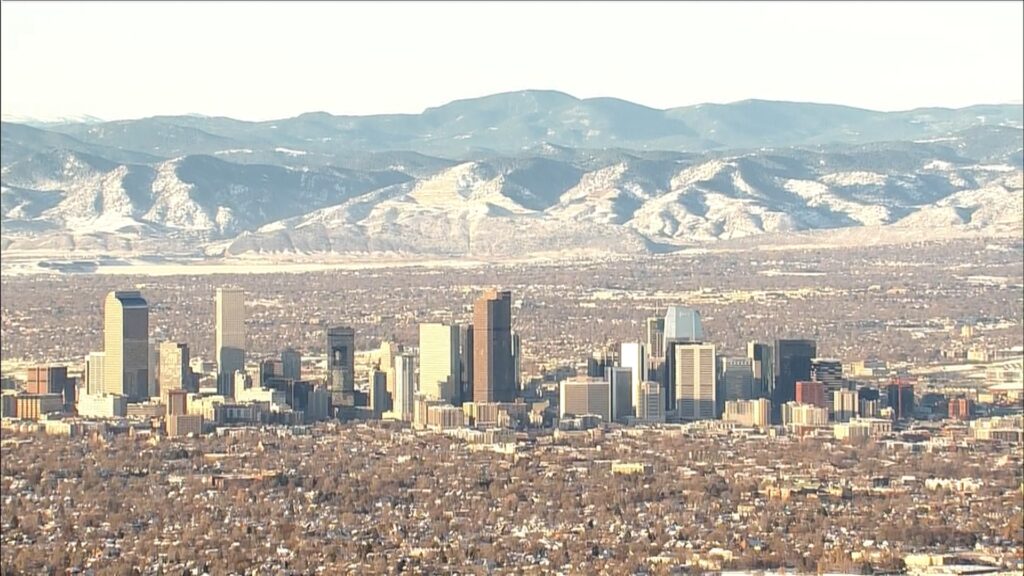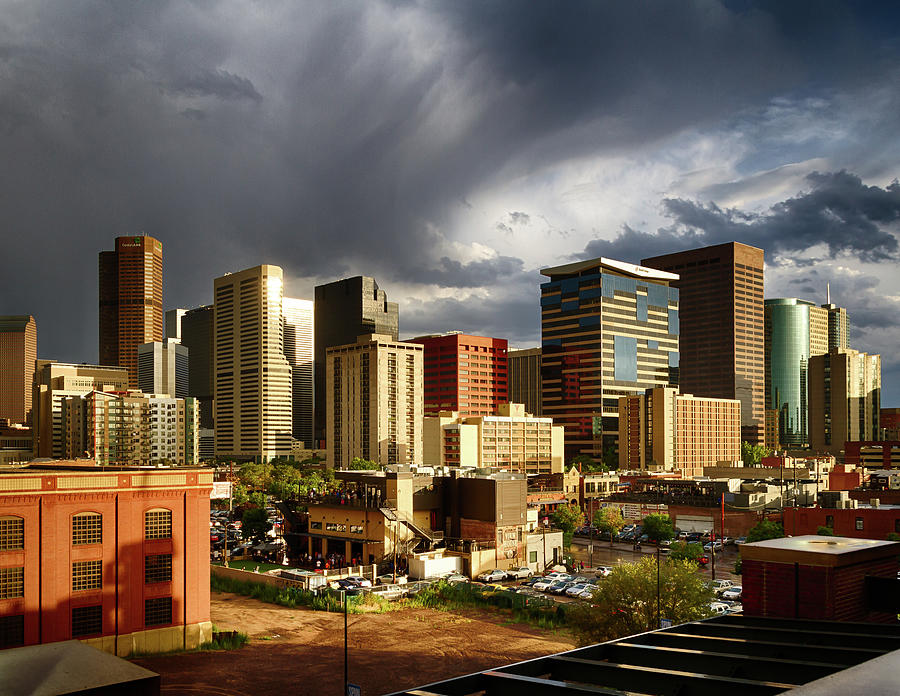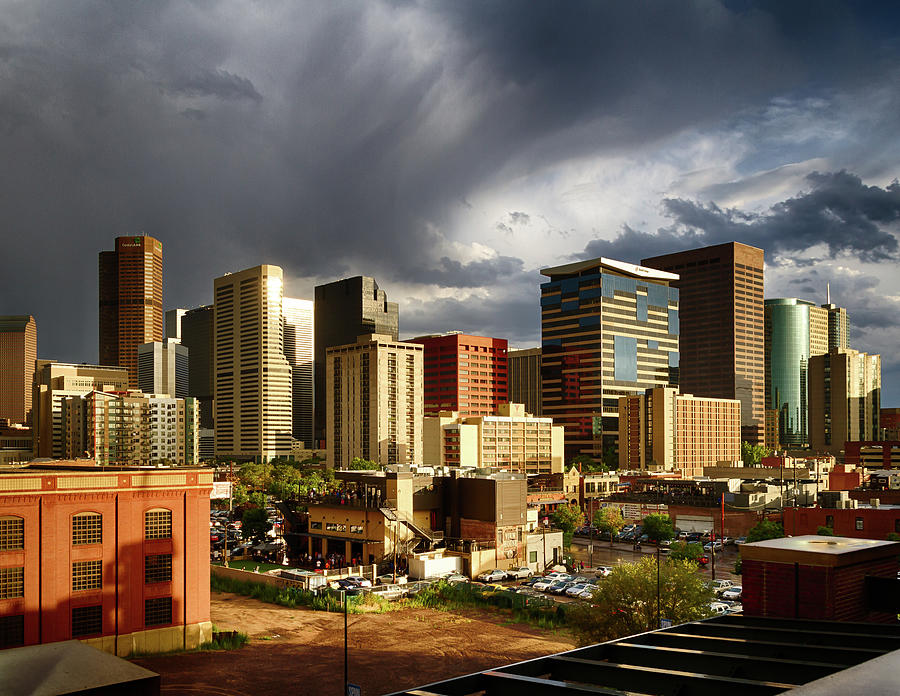The Denver minimum wage was recently raised to $15 an hour. This change has a variety of effects on businesses. Here are some of them: How it will affect building costs, tipped employees, and commercial real estate. The Federal Reserve Bank of San Francisco released a report that showed that businesses in Denver will adapt and find ways to accommodate the new wage.
Impact of Denver minimum wage on building costs
The increase in Denver’s minimum wage is a major development in the city. It’s believed that the increased wages will help to increase housing affordability. However, studies show that the increase in the minimum wage actually decreases the take home pay of low wage workers. This means that they may have to work fewer hours and may need to find alternative jobs to make ends meet. This, in turn, will worsen the housing crisis.

Despite the increased costs, businesses in Denver are likely to adapt to the new law. The new law sets a minimum wage of sixteen dollars an hour for all employees. Denver also has a prevailing wage law that sets wages for service and construction workers. While these pre-existing wage laws may be different from the citywide minimum wage, employers doing business in Denver are still required to pay the higher rate.
Impact of Denver minimum wage on commercial real estate
The recent increase in the Denver minimum wage https://minimumwagess.com/minimum-wage-in-denver/ is likely to affect commercial real estate in the city. It is designed to help lower-skilled workers earn a living wage. However, the Seattle “grand experiment” shows that large pay increases can have negative side effects. Many low-wage workers lose their jobs as hours are cut and automated processes take over. As a result, commercial real estate in Denver will likely become more expensive, and property owners will have to make difficult decisions on where to locate their companies.
While Denver’s minimum wage increase will affect the city’s businesses, it won’t necessarily hurt their bottom lines. Business owners will have to raise prices to make up for the increase, but Johnson does not seem concerned about the cost. The lack of affordable housing is a more pressing issue.
Impact of Denver minimum wage on tipped employees
Denver’s minimum wage is rising, but it’s not the only thing driving the cost of labor up. Restaurants are already facing a shortage of back of house staff. Most line cooks make above minimum wage, so any increase in wages will primarily benefit servers and tipped workers. However, restaurants may raise prices to offset the increase in labor costs.

A proposed increase to the Denver minimum wage will be phased in over the next several years. It takes effect in January 2020, and will be based on consumer prices in Denver. It will continue to rise each year based on the Consumer Price Index, allowing it to increase slowly year over year
Businesses within the city limits can use the Denver minimum wage calculator to check employee wages. The total wages determined by the calculator are the wages the employee will receive, pre-tax. However, some exceptions allow employers to pay less than calculated total wages. If the employees are tipped, employers can only reduce the hourly wage by the actual amount of tips they receive. If you have any questions or concerns, Denver Labor’s office is available to answer your questions.

